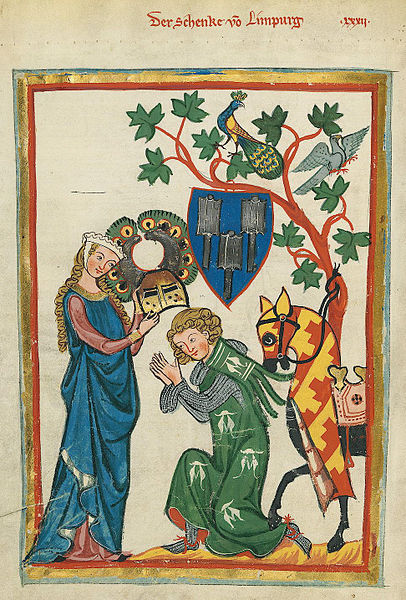Honour or honor is a quality of a person that is of both social teaching and personal ethos, that manifests itself as a code of conduct, and has various elements such as valour, chivalry, honesty, and compassion. It is an abstract concept entailing a perceived quality of worthiness and respectability that affects both the social standing and the self-evaluation of an individual or of institutions such as a family, school, regiment, or nation. Accordingly, individuals are assigned worth and stature based on the harmony of their actions with a specific code of honour, and with the moral code of the society at large.
Alexander Hamilton defends his honour by accepting Aaron Burr's challenge (1804).
French Resistance members Germaine Tillion, Geneviève de Gaulle-Anthonioz and Pierre Brossolette and politician Jean Zay entering the Panthéon in Paris with national honours, 2015
Wall of Honour, Royal Military College of Canada
Chivalry, or the chivalric language, is an informal and varying code of conduct developed in Europe between 1170 and 1220. It is associated with the medieval Christian institution of knighthood, with knights being members of various chivalric orders; knights' and gentlemen's behaviours were governed by chivalrous social codes. The ideals of chivalry were popularized in medieval literature, particularly the literary cycles known as the Matter of France, relating to the legendary companions of Charlemagne and his men-at-arms, the paladins, and the Matter of Britain, informed by Geoffrey of Monmouth's Historia Regum Britanniae, written in the 1130s, which popularized the legend of King Arthur and his knights of the Round Table.
Konrad von Limpurg as a knight being armed by his lady in the Codex Manesse (early 14th century)
God Speed by English artist Edmund Leighton, 1900: depicting an armoured knight departing for war and leaving his beloved
Reconstruction of a Roman cavalryman (eques)
Knights of Christ by Jan van Eyck







